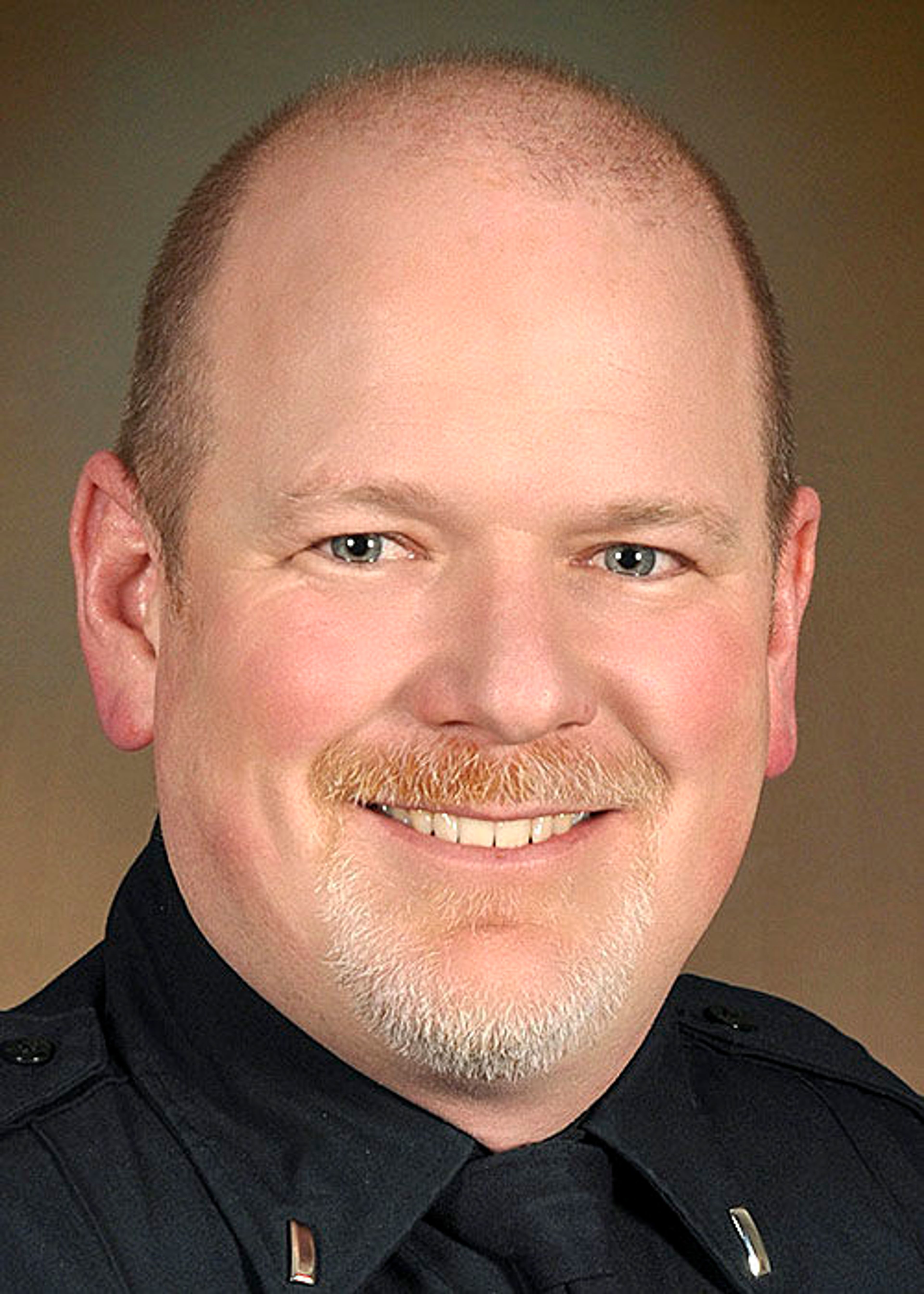Moscow police department adds new set of eyes
Officers deploy body cameras in effort to gather additional evidence, provide more transparency
Body cameras have been in the Moscow Police Department’s strategic plan for years, and as of Tuesday, all patrol officers and the code enforcement officer are equipped with the devices, Police Chief James Fry said.
“This year I felt that with everything that’s been going on that we needed to have them to gather evidence and to just make the community feel a little more comfortable as well as our officers,” Fry said.
The Moscow City Council in August unanimously approved the purchase and deployment of the devices.
According to a city news release Thursday, the total cost to implement the body camera program, including purchasing the 33 cameras, was $59,611.
City Supervisor Gary Riedner said in August that he expects it will cost $140,000 to $150,000 annually for camera replacements, digital storage and records management.
Moscow police officers will continue to operate their vehicle-mounted cameras, but Fry said body cameras will allow officers to record things out of the sight line of the in-car video cameras.
“We always looked at (body cameras) as a tool to utilize that could gather more information while we’re on calls,” he said.
Both the vehicle and body cameras start recording when the vehicle’s lights and sirens are activated, Fry said.
Officers can manually turn on their body cameras as well.
The news release said body cameras are to be activated to record all calls for service, enforcement-related contacts and incidents where it is reasonably likely that law enforcement action will be taken. Examples of such incidents include, but are not limited to, emergency responses and pursuits, traffic stops, detentions and arrests, issuance of citations, searches of vehicles, persons or residences, interviews with suspects, victims and witnesses, and confrontational contacts.
Fry said two officers used their own body cameras in the past and some officers used cellphones to record interactions at times, but this is the first program in which each officer was supplied a body camera by the department.
He said body cameras will help protect the community and officers. They will provide transparency and can be used as a training aid so that if an officer makes a mistake, the action can be corrected.
Fry said the body cameras will not capture everything an officer sees, which is why officers’ descriptive reports are still important.
The news release said all public records, including footage from in-car and body-worn cameras, are managed according to Idaho State Code Title 74 (Transparent and Ethical Government), Chapter 1 (Public Records Act).
It said the retention of videos depends on the nature of the incident. Availability of video footage to the public also depends on the nature of the incident and whether the video is evidence in a pending criminal case. Retention and availability of videos will meet existing legal requirements, the release said.
The department joins other area law enforcement agencies, including the Pullman Police Department, Whitman County Sheriff’s Office and Latah County Sheriff’s Office, that already use body cameras.
Pullman Police Chief Gary Jenkins said body cameras became mandatory for his patrol staff in 2013, and overall, the cameras have been a positive experience.
“One of the reasons that we decided to start using cameras was to provide another level of transparency and I think that the videos do that,” he said.
Jenkins said officers were a little leery at first but they started loving their body cameras after they were implemented.
He said the cameras help officers write more accurate police reports, resolve complaints made against officers and show the public what officers do.
Jenkins said his officers are required to turn their cameras on when they are involved in some kind of enforcement action or adversarial contact, but he found that officers turn them on for nearly every type of contact they have.
Cabeza can be reached at (208) 883-4631, or by email to gcabeza@dnews.com.





